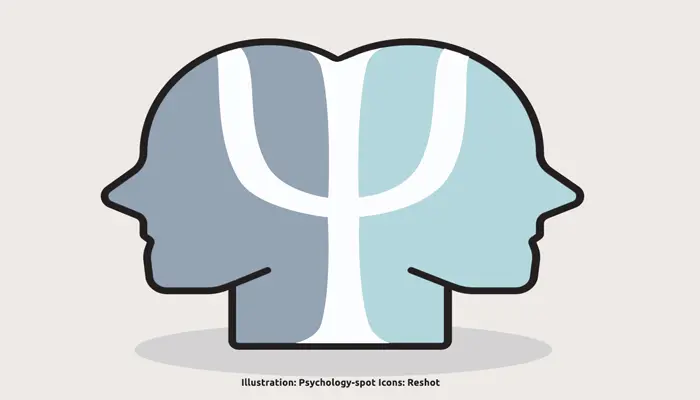
We are social beings. Relationships are a source of support and growth, so we need to connect with the others, but that also makes us especially sensitive to their opinions. We all like to feel accepted and validated. Instead, we don’t like feeling left out or rejected. However, there are times when we give a huge importance to the opinions of the others, so that our self-esteem and emotional state begin to oscillate according to external acceptance or rejection.
Of course, taking into account what the others think of us is not a negative thing. We all need to be aware of the image we project, the influence we exert on the others and how they see us. However, trying to please the others at all costs, keeping quiet about what we think for fear of criticism or continually relegating our needs to the background so as not to be rejected, can make us extremely dependent on external validation. In order not to fall into these extremes, it is important to learn to shield ourselves against unhealthy opinions.
How to stop caring what people think of you and prevent it from affecting you?
1. Keep perspective
Our tendency to self-centeredness leads us to exaggerate the interest we can arouse in the others. In psychology, this self-centered bias is known as the “focus effect” and it refers to our tendency to think that everyone is observing and judging us. In fact, a study carried out at Cornell University found that most people who wore a shirt with an embarrassing image thought they had attracted a lot of attention, but the truth is that they went unnoticed. Everyone has their worries and insecurities. So they are likely to think and notice us much less than we suppose.
2. Question your thinking
We tend to believe that we are rational beings, but we are victims of different cognitive biases that distort our thinking. For example, we have a tendency to imagine the worst or filter the positives out of a situation and pay attention only to the negatives. Or we continually go over the words they said to us, letting them continue to hurt us. Therefore, the next time we find that we are overthinking what others have said, we better assume a psychological distance and ask ourselves if we are really being objective or is it a trick of our mind to stay preoccupied with external opinions.
3. You are the only owner of your emotions, nobody else
It is important to understand that the harm or offense is not only in the words they use against us, but also in how we interpret them and how seriously we take them. We cannot control the words and opinions of the others, but we do have control over our reactions and emotions. Although it is difficult, especially when the criticism comes from a close or significant person, we must learn to take a step back and regain control. As Eleanor Roosevelt said, “No one can make you feel inferior without your consent.”
4. Many times the critic says more about who criticizes than who is criticized
In a general sense, for criticism to be assertive and constructive, it must focus on the behaviors, not the person. When a person attacks us on a personal level, it is likely that this attitude is a projection of his own shadows, of those things that he has not integrated into his personality and does not want to recognize. Therefore, many times the critic says more about who criticizes, than about who is criticized. Remembering that it is generally nothing personal, but that it may be because that person is having a bad day or is not assertive, will help us better deal with his or her opinions.
5. Strengthen your identity
To stop worrying about what the others think of you, you need to increase your self-knowledge. When we are sure of who we are and have clear our values , we seek less external validation. When we are clear about our goals and the path we must follow to achieve them, the opinions of the others are reduced to mere opinions. The key is to understand what we like and what we want, daring to make decisions that allow us to move forward. In this way we will take the words of the others as opinions instead of assuming them as criticisms, and we will prevent them from emotionally destabilizing us.
Source:
Gilovich, T. & Husted, V. (2000) The Spotlight Effect in Social Judgment: An Egocentric Bias in Estimates of the Salience of One’s Own Actions and Appearance. Journal of Personality and Social Psychology; 78(2): 211-222.



